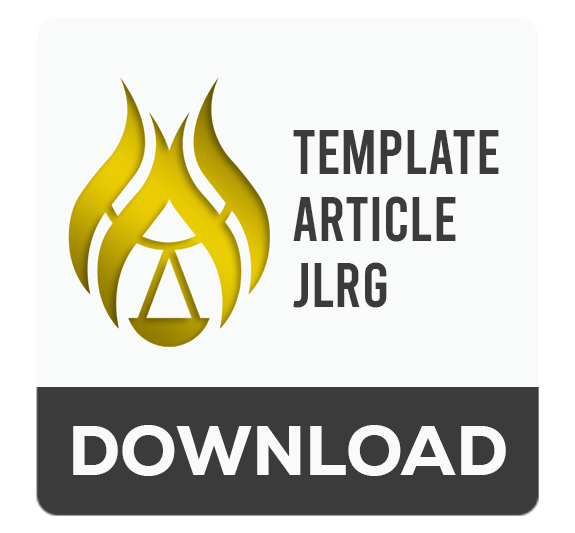Islamic Education Curriculum For Assisted Children At Lpka (Special Children's Development Institute) Class 1 Tangerang.
Abstract
This study aims to examine and design an appropriate and effective Islamic education curriculum for assisted children in LPKA (Child Specific Construction Board) Class 1 Tangerang. This research is based on the deep need to provide religious education in accordance with the characteristics and special needs of fostered children within the coaching institution environment. This research methodology involves surveys, interviews, observations, and literature analysis to understand the profile of fostered children, their Islamic education needs, as well as obstacles that may be faced in the implementation of the Islamic education curriculum. The results of this study show that the assisted children at LPKA Class 1 Tangerang have various backgrounds, experiences, and levels of religious understanding. Therefore, the Islamic education curriculum designed must be inclusive, responsive, and accommodate their individual needs. The proposed curriculum includes a variety of Islamic teaching materials tailored to the level of understanding of fostered children, as well as teaching methods that are interactive, participatory, and support experiential learning. In addition, character building and moral development approaches are also emphasized in this curriculum in order to form strong positive and ethical values in fostered children. The results of this study are expected to provide guidance to LPKA Class 1 Tangerang in designing and implementing a relevant and effective Islamic education curriculum, so that fostered children can gain a better understanding of religion, improve their quality of life, and prepare themselves for reintegration into society after undergoing a period of formation at the institution.







